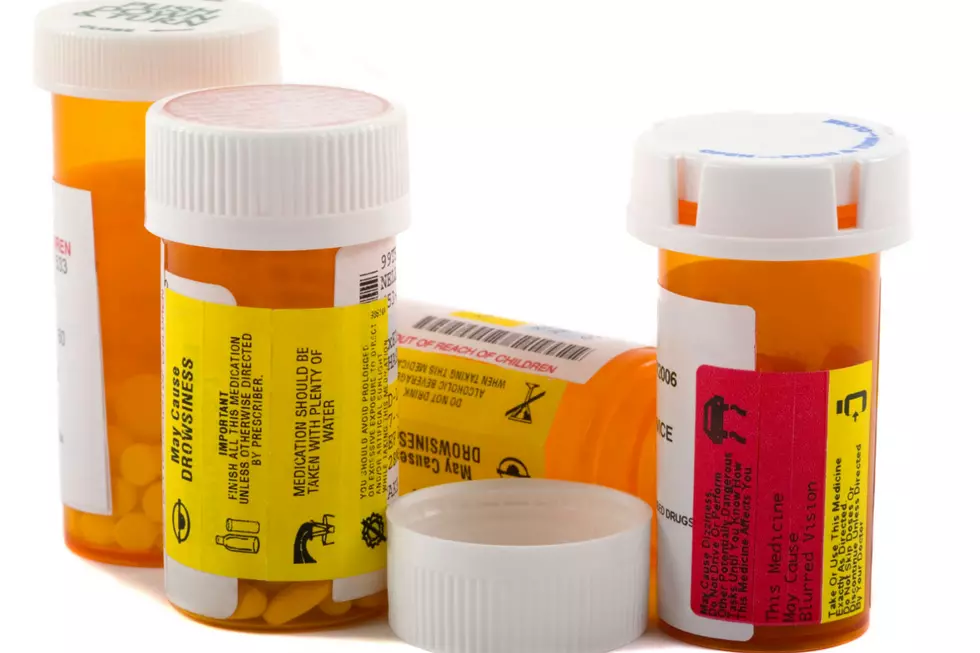
NJ tries to stop doctors from hoarding potential COVID-19 drugs
New Jersey has put new limits on prescriptions for any drug that's shown potential as a treatment for COVID-19 so as to discourage hoarding of such medication, state Attorney General Gurbir Grewal announced.
The Food and Drug Administration on March 28 authorized "emergency use" of chloroquine phosphate and hydroxychloroquine sulfate for treatment of COVID-19 when clinical trials are not available.
Both prescription drugs traditionally are used to treat malaria and certain chronic inflammatory conditions, like lupus and rheumatoid arthritis.
On March 30, Grewal and the state Division of Consumer Affairs announced new guidelines for prescribing and dispensing those medications, as well as any being viewed as possible treatment in response to the novel coronavirus.
The Division cited "reports from pharmacy associations across the nation" that doctors and dentists have been writing prescriptions for themselves or family members preemptively without any COVID-19 positive test results.
“We are in the midst of a public health emergency, and we are all in it together,” Attorney General Grewal said. “Stockpiling and hoarding drugs, and inappropriate prescribing for friends and family, is unacceptable. The action we are taking today protects the drug supply so that medications are available when necessary for those who need them most.”
The Division’s order, effective immediately and until further notice, requires any prescription for a drug in short supply due to its use in possible treatment of COVID-19, must include a diagnosis or diagnostic code and should be supported in the patient’s record.
Specifically, the order said, "hydroxychloroquine or chloroquine may be prescribed and dispensed for treatment of COVID-19 only if supported by a positive test result, which must be documented on the prescription, and limited to a 14-day supply, with no refills permitted."
The state restrictions also call for "all prescriptions written should be for treatment of conditions within the prescriber’s scope of practice. So, for example, podiatrists, dentists and veterinarians should not be writing prescriptions for medications designed to treat COVID-19."
Pharmacists have been instructed not to fill prescriptions without the proper diagnostic code or if they believe the prescriber is acting outside the scope of their practice.
Under the state order, pharmacists also "may exercise judgment when filling or refilling prescriptions for medications that may soon be in short supply" due to increased demand during the COVID-19 pandemic.
The division gives the written example of a pharmacist opting to "prudently" fill just one metered dose inhaler, even if a prescription was written for three.
New prescription restrictions do not apply to orders of medications for inpatient hospital use or for use in federal or state clinical trials.
The order also does not limit prescriptions of hydroxychloroquine and chloroquine for patients being treated for preexisting conditions, such as lupus or other autoimmune diseases.

How to Get Your Stimulus Check Quickly and How Much You Will Get
More From 92.7 WOBM










